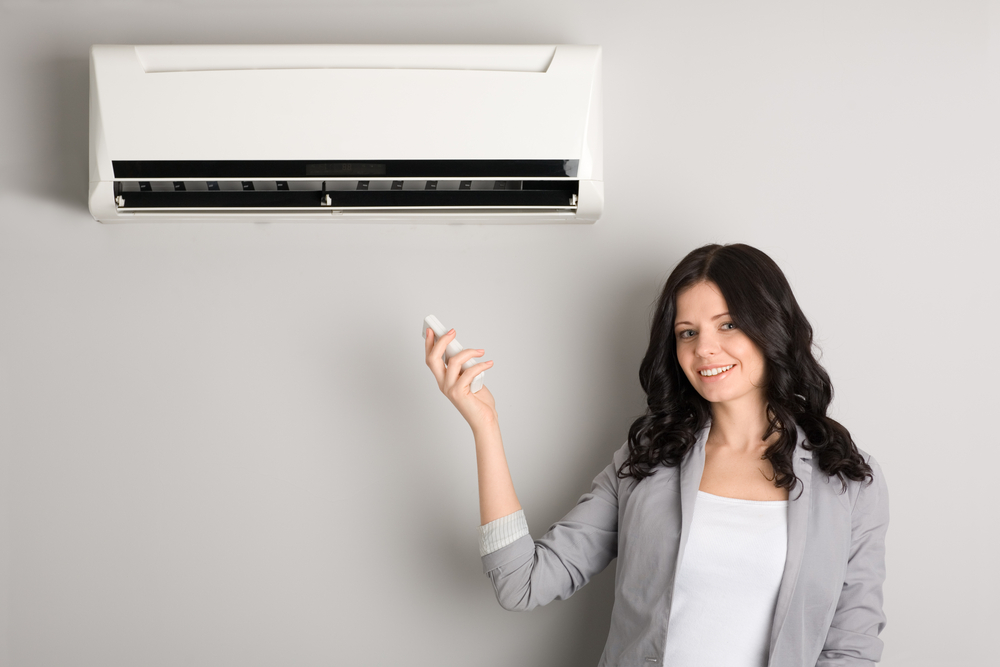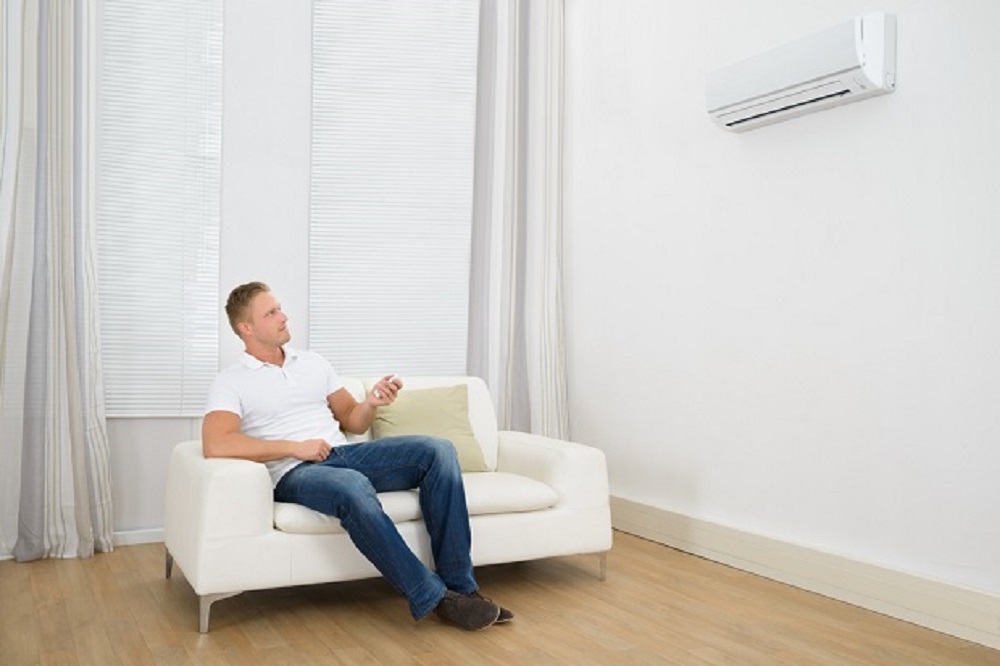
As we traverse through the increasingly warm days of summer, the question, "What role do our air conditioning units play in our environment?" arises. Are our attempts at seeking comfort in the cool confines of our homes contributing to the shift in climatic patterns we've been noticing more often? Is the indulgence of physically comfortable environments further extending the boundaries of our ecological footprint? There's a constant tussle between comfort and environmental consciousness. As our dependence on air conditioning increases, it becomes crucial to understand its environmental repercussions. This article aims to delve into these pressing questions, shedding light on the ecological implications of air conditioning, and putting forward some proactive measures for sustainable living.
History Of Air Conditioning
Often, to understand where we are, we need to look at how we got here. The "cool" concept started way back in the early 1900s as a means to manage temperatures in printing plants. Over time, it has evolved into a diverse industry, with air conditioning units becoming ubiquitous—found in our homes, offices, and even vehicles. This increased demand consequently leads to excessive energy consumption and enhanced CFC release, thereby contributing to global warming and ozone layer depletion.
Air Conditioning And Global Warming
A significant environmental concern associated with air conditioning is its contribution to global warming. Air conditioning units consume vast amounts of electricity, resulting in the release of carbon dioxide, a known greenhouse gas. Furthermore, air conditioners leak refrigerants—chemicals that cause far more global warming per unit than carbon dioxide. Thus, our cooling comfort is escalating the heat around the globe.
The Ozone Layer And Air Conditioning

Air conditioning units release potent greenhouse gases called hydrofluorocarbons (HFCs) that not only contribute to global warming but also harm the ozone layer. While regulations are in place to phase out these harmful gases, the demand for air conditioning is so high in hot climates that these rules often get bypassed.
Energy Consumption
The energy consumption of air conditioning units is yet another aspect that cannot be ignored. The energy required for cooling homes and offices often comes from burning fossil fuels, thus compounding the effect on global warming. Furthermore, the drain on power puts increased strain on the power grid, which may result in power outages and further environmental impact.
Sustainable Alternatives
Our solution doesn't necessarily lie in enduring the heat, but transitioning towards sustainable alternatives. Passive cooling strategies, such as natural ventilation, strategic shading, and improved insulation, can reduce the dependency on air conditioning. Furthermore, transitioning to energy-efficient units and proper maintenance can drastically reduce the impact of air conditioning on our environment.
Legislation And Regulation
To further mitigate the environmental impact, legislative measures are in place. Regulations have prompted a phase-out of HFCs in air conditioners and a shift towards greener alternatives. Still, the effective implementation of these regulations is a work-in-progress, leaving much room for improvement.
Conclusion
As we delve deeper, we find our comfort-seeking air conditioning units at the crux of some pressing environmental issues. This exploration underlines the importance of transitioning towards sustainable alternatives, reducing energy consumption, and supporting the implementation of stricter environmental regulations. In a world tossed by the waves of global warming, each step towards reduced air conditioner dependency not only minimifies our ecological footprint but also contributes to a more sustainable future. With conscious efforts, the scales can tip towards a cooler world—both inside our homes and out.












